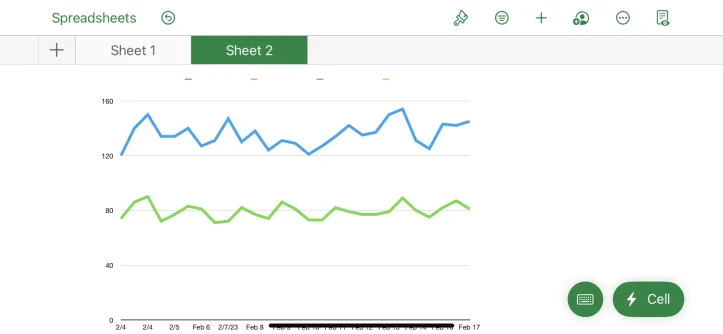Hey everyone. I wanted to get input on what people's experiences with nandrolone have been, whether prescribed in low doses for joint pain, cachexia or just simply wanting to put on size. I have been prescribed nandrolone for the past year for joint pain through the Baylor College of Medicine, which I have taken on and off at 50-100 mg per week.
What has everyone who has taken nandrolone experienced while taking it, both in terms of physical effects and mental effects? I have experienced depression, lethargy, short-term memory issues, joint pain relief, increased hunger, decreased libido, increased workout recovery, and potential estrogen management relief.
Here are some studies (animal models) discussing nandrolone's effect on neurotransmitters, and in particular, dopamine, and its potential impact on behavior, mood, learning, and memory.
The anabolic-androgenic steroid nandrolone decanoate affects the density of dopamine receptors in the male rat brain. - PubMed - NCBI (dopamine)
The Impact of Nandrolone Decanoate on the Central Nervous System (learning, behavior, and memory)
The anabolic androgenic steroid nandrolone decanoate affects mRNA expression of dopaminergic but not serotonergic receptors - ScienceDirect (dopamine)
Nandrolone abuse decreases anxiety and impairs memory in rats via central androgenic receptors (anxiety and memory)
Europe PMC (dopamine and serotonin)
I would really like to get some feedback on what everyone's experience has been.
@Nelson Vergel @Gman86 @Cataceous @Vince Carter @Jason Sypolt
In rats nandrolone decreases serotonin. Something that could be good for men with a tendency to schizophrenia or bipolarity, who experience high levels of serotonin/dopamine. It's my case, T makes me anxious, hypomanic and with sexual compulsion (high e2 increases serotonin which prevents sexual satiety). Deca Only made me feel like a Buddhist Zen master, and in 3 months I was practically celibate due to zero libido, lol.
As for those who have low serotonin / dopamine, tendency to depression, testosterone would be better.
I hypothesize that they are genetic issues, those already discovered and common in society are the mutations of the MAOa and Comt genes, which can be slow or fast, and regulate the excretion speed of dopamine, serotonin and estrogen. In addition to MTHFR which impairs methylation in general, impairing the excretion of toxins, as well as leaving too much unmethylated estrogen in the body. According to Dr Ben Lynch, methylated estrogen is beneficial, unmethylated estrogen is what causes the known estrogen dominance problems.
Extrapolating this data to my practical experience:
- slow comt, slow maoa and mthfr: tend to have more difficulty with testosterone and with high doses infrequently. They tend to get a lot of anxiety on traditional trt or cycling protocols as they build up dopamine, serotonin and estrogen. They tend to have low shbg, metabolic syndrome, fatty liver and high homocysteine, in these TRT will worsen insulin resistance by further decreasing shbg. They are the best candidates for Deca Only or Deca Base and microdoses of T. Or rather, ideally they are the perfect candidates for clomid, which would help them increase shbg and slim down and come out of hypogonadism. Keto diet, Carnivore Diet, Low Carb, Atkins, etc. They are also generally slow metabolizers of caffeine and benefit from B Complex Vitamins (which improve methylation, especially b2, b6, b9 and b12) and calming agents such as phosphatidylserine, theanine, niacin, taurine, which reduce high cortisol/glutamate/dopamine /serotonin generated by TRT.
- Fast Comt and Fast Maoa: Fast metabolizers, tend to have low dopamine, serotonin and estrogen. I believe they are the majority among bodybuilders, who support very high doses of several hormones combined, with few side effects. They have high sensitivity to insulin, which allows them to eat loads of carbohydrates, something potentiated by T. They feel the beneficial effects of TRT immediately but tend to have depression because they metabolize too quickly.
And in the middle there are those who do not have these mutations. Many of them will not have hypogonadism, even in old age.













